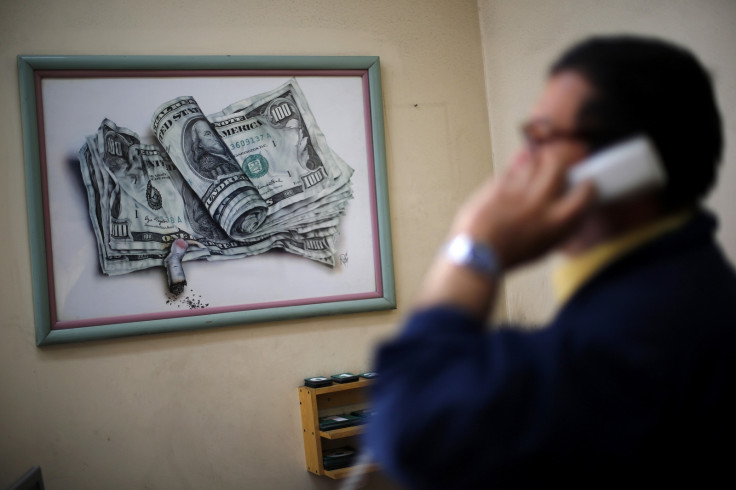How to stay safe from telephone scams or vishing

Telephone scams in the UK have increased significantly, with the amount of money lost rising threefold, according to a survey from Financial Fraud Action UK (FFA UK).
Telephone scams or 'vishing' resulted in at least £23.9m of losses over the last year, up from £7m in the previous year, according to the survey. In addition, 58% of respondents have received suspect calls, a steep rise from 41% of respondents in a similar study carried out last summer.
In response, FFA UK is launching a campaign to educate people about phone scams and unite banks, building societies and card companies against the crime. It also launched a rare 'Joint Declaration of the UK Banks' supported by Police to reinforce in people's minds the requests the bank or police will never make.
In a statement, FFA UK also advised consumers on how to take steps to avoid telephone scams. The guidance from FFA UK is given below.
Be wary of:
- Unsolicited approaches by phone.
- Cold callers who suggest you hang up the phone and call them back. Fraudsters can keep your phone line open by not putting down the receiver at their end.
Your bank or the police will never:
- Phone you to ask for your 4 digit card PIN or your online banking password, even by tapping them into the telephone keypad.
- Ask you to withdraw money to hand over to them for safe-keeping.
- Ask you to transfer money to a new account for fraud reasons, even if they say it is in your name.
- Send someone to your home to collect your cash, PIN, payment card or cheque book if you are a victim of fraud.
- Ask you to purchase goods using your card and then hand them over for safe-keeping.
Never disclose your:
- Four digit card PIN to anyone, including the bank or police.
- Your password or online banking codes.
- Personal details unless you are sure who you are talking to.
Remember
- It takes two people to terminate a call.
- If you feel something is suspicious or feel vulnerable, hang up, wait five minutes to clear the line, or where possible use a different phone line, then call your bank or card issuer on their advertised number to report the fraud.
- If you don't have another telephone to use, call someone you know first to make sure the telephone line is free.
- Your bank will also never ask you to check the number showing on your telephone display matches their registered telephone number. The display cannot be trusted, as the number showing can be altered by the caller.
- Criminals may already have basic information about you in their possession (e.g. name, address, account details), so do not assume a caller is genuine because they have these details or because they claim to represent a legitimate organisation.
© Copyright IBTimes 2025. All rights reserved.






















